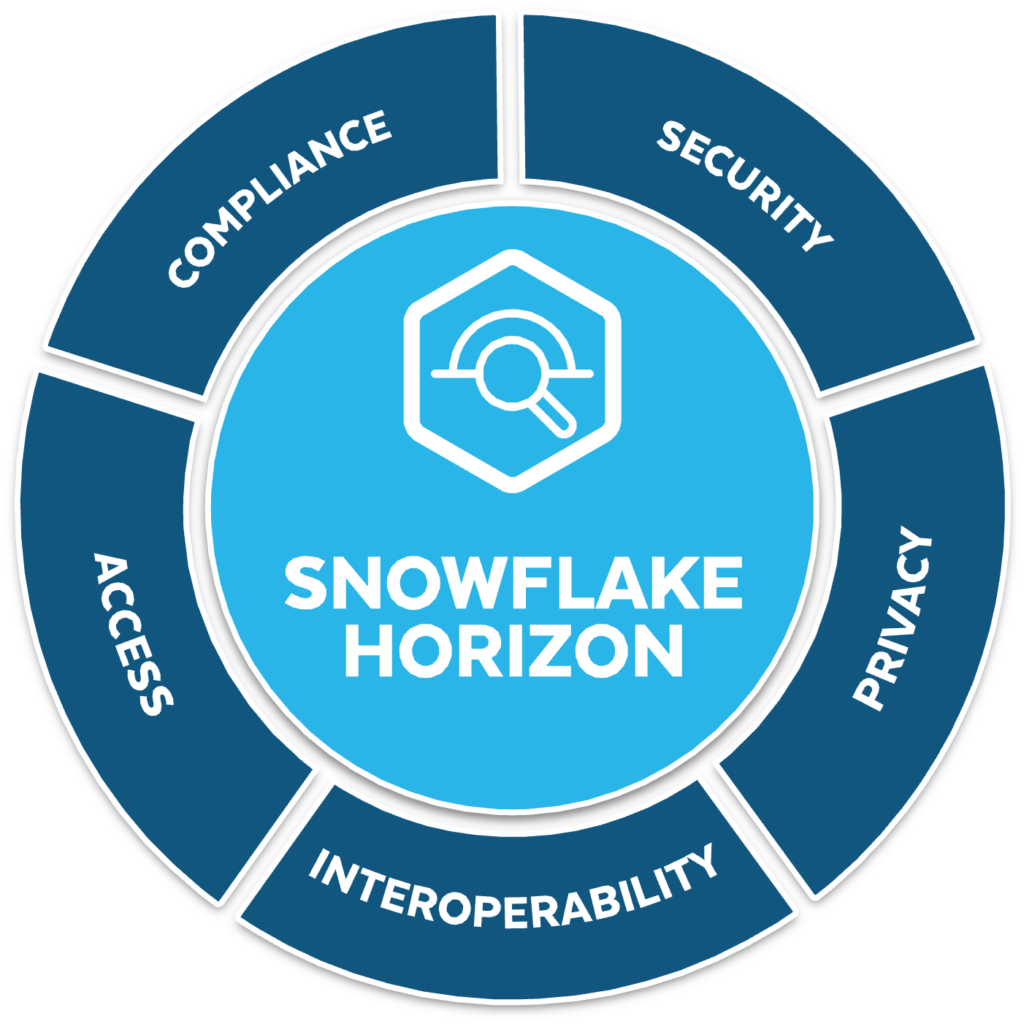The ever-increasing volumes of data that organizations must manage can be complex and chaotic to manage. Organizations are tasked with high levels of responsibility to ensure that data is well-maintained and safe to drive value. The broad sources of data coming from various data sources require management to ensure data security. In its absence, data runs the risk of becoming corrupt, vulnerable, or simply left to waste away.
So, for businesses to effectively manage their data, they need to develop a comprehensive internal data management plan that they can apply uniformly apply across all departments.
Continue reading to understand the various aspects of an enterprise data management strategy and the steps necessary to implement a data management system in an organization.
This article will define and cover the following topics as they relate to creating a data management strategy for your organization:
What is a Data Management Strategy?
A data management strategy is an approach for collecting and storing data where it can be retrieved and used successfully by people who have received the appropriate permissions. The strategy must consider not only the requirements of the data users but also the quantity of data, its type, and location to be effective.
The process of preparing or generating plans and objectives for managing the data produced, kept, maintained, and handled by an organization is referred to as data management strategies. It is a procedure for the governance of information technology that aims to develop and put into practice a method that is well-planned for the data management processes of a firm’s data assets.
It is necessary for any firm that has any aspirations of expansion and success to have a data management strategy. The data strategy framework presents the standards for what data you should gather, how to maintain it, and how to use it after you acquire it.
To learn more about managing data in the cloud: Data Management Guide
How to Create a Data Management Strategy
For effective data management, you need some time fine-tuning a strategic data management strategy tailored specifically to the company’s needs. However, a firm can get a head start by following these five data management techniques.
1. Determine the Organization's Goals and Objectives
A single day results in the creation of a significant amount of information by an organization. Suppose your company doesn’t consider its business goals when developing its strategy for managing data. In that case, it risks squandering important time and resources by gathering, maintaining, and processing the wrong data.
Concentrate your efforts on the use cases that are the most important for the company’s data, and construct the data management approaches based on those use cases. These data management objectives will assist the decision procedures, technologies, governance, and other aspects of the organization, with the overarching goal of the business remaining at the forefront of their minds at all times.
2. Make Strong Data Processes
Consider the procedures that are currently in place for accumulating, analyzing, maintaining, and disseminating the data. To get started, you should determine the proprietors and stakeholders for each data management area.
3. Discover the Perfect Method of Technological Advancement
When developing a data management structure, it is vital to determine which instruments, platforms, or technological data management products are most effective. When constructing a solid data infrastructure, take time to consider the required kinds of hardware and software.
4. Put a Data Governance System in Place
The rising data usage and the data infrastructure expansion bring significant benefits. Nevertheless, they also bring with them important responsibilities. To ensure an organization maintains compliance with data regulations, they need effective data governance processes. They should also ensure they devote sufficient time to building and conveying policies and procedures for appropriate data utilization by considering the following:
- Data Quality: What steps are taken to guarantee that the information is correct, up-to-date, and comprehensive?
- Data Security: What precautions are taken to ensure that the stored data is kept private and secure?
- Data Privacy: Regarding the confidentiality of the data, does the firm have the appropriate authorization to acquire and use it?
- Data Transparency: What does cultivating an equitable data environment while maintaining data transparency mean?
Data governance guarantees that data is used appropriately and uniformly across the firm. Hence, guidelines and procedures should not just be conveyed and comprehended by both owners and stakeholders. Rather, businesses should share these important factors with everyone working for or with the firm. This communication effort is a necessary step in establishing a data culture throughout the organization.
5. Training and Effectiveness
When it comes to using data efficiently, one of the most difficult obstacles to overcome is often that an organization needs more data proprietors who are also data specialists. Providing the skills and knowledge required for the staff to assess and comprehend the data is an essential component of the strategy for data maintenance. This option could involve providing departments other than IT with access to data analysis tools from the organization’s management so that they are prepared to assist with data projects.
No matter how this plays out, it is imperative that every employee completely comprehends the data strategy plan of the organization as well as the steps necessary to carry out their assigned responsibilities effectively.
Benefits of a Well-Designed Data Management Strategy
The following significant advantages for the company can result from well-designed data management practices.
- A rise in overall production. If carefully planned, data management reduces data transportation, aids in identifying performance flaws, and allows users to have all the required information at their fingertips.
- A reduction of costs. With data management systems firmly in place, businesses may avoid pointless repetitions of the same jobs.
- The capacity to adapt quickly to change. The ability of a company to act swiftly and wisely in the face of change is crucial to its success.
Data Management Strategy with Satori
When a company defines procedures and guidelines for usage, they foster confidence in the data used to inform choices throughout the company. Thus, enhancing your company’s data management strategies reduces the possibility of inaccuracies.
Satori, the Data Security Platform, enables organizations to gain control over their data by facilitating the development of data management strategies and frameworks. This framework is easily implemented and adds on regardless of your data infrastructure.
To read more about Satori:



